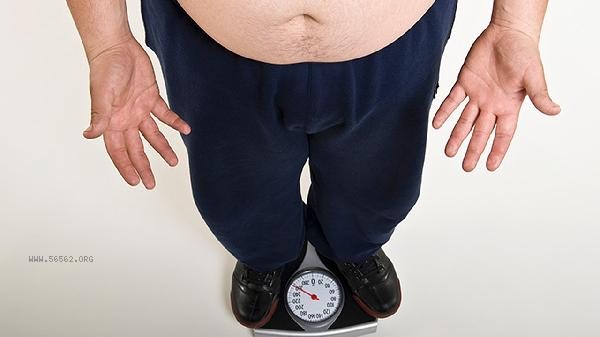During weight loss, feeling hungry at night can be alleviated by adjusting diet structure, choosing low calorie and high fiber foods, dispersing eating time, increasing protein intake appropriately, and regulating psychological state.

1. Adjust dietary structure
Allocate all day calories reasonably to three meals and extra meals, avoiding excessive dieting for dinner. Dinner can add non starchy vegetables such as broccoli and spinach, which are large in volume and low in calories, to slow down gastric emptying. Moderate intake of high-quality protein and healthy fats during the day can help maintain a sense of fullness for a longer period of time.
2. Choose low calorie foods
When hungry at night, eat vegetables with high moisture content such as cucumbers and tomatoes, or a small amount of protein foods such as sugar free yogurt and boiled eggs. These foods have low calorie density but can provide a certain sense of satiety, so avoid choosing refined carbohydrates and high sugar snacks.
3. Divide eating time
Divide dinner into two meals, with an interval of 2-3 hours. Eat the main portion first and keep a small amount of food as a bedtime snack. This meal splitting method can maintain blood sugar stability and reduce the secretion of hunger hormones. Drink warm, sugar free soybean milk or low-fat milk an hour before bed.

4. Increase protein intake
Protein foods have a slower digestion rate and can produce stronger satiety signals. For dinner, you can choose high-quality protein sources such as chicken breast, fish, tofu, etc., paired with plenty of vegetables. insufficient protein intake is a common cause of nighttime hunger, and increasing it in moderation can help control appetite.
5. Regulating psychological state
Hunger may be triggered by psychological factors such as boredom and stress. Attention can be diverted through reading, meditation, and other methods to avoid emotional eating. Maintaining a regular daily routine can also help regulate the secretion rhythm of ghrelin and leptin, reducing nighttime hunger. Nighttime hunger is a common phenomenon during weight loss, and it is recommended to improve it by adjusting dietary structure and lifestyle habits. Maintain a moderate calorie deficit while ensuring a balanced intake of nutrients. If there are long-term symptoms of severe hunger accompanied by dizziness and fatigue, it is necessary to consult a nutritionist to adjust the weight loss plan. Regular exercise can help improve metabolic flexibility, but vigorous exercise should be avoided two hours before bedtime to avoid affecting sleep quality. Adequate sleep plays an important role in controlling the secretion of appetite hormones, and it is recommended to maintain a sleep time of 7-8 hours.










Comments (0)
Leave a Comment
No comments yet
Be the first to share your thoughts!